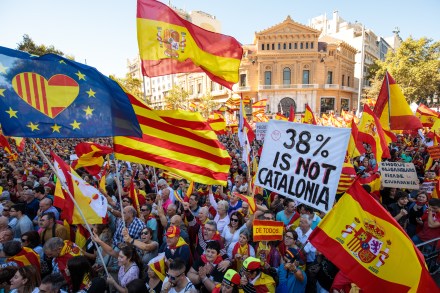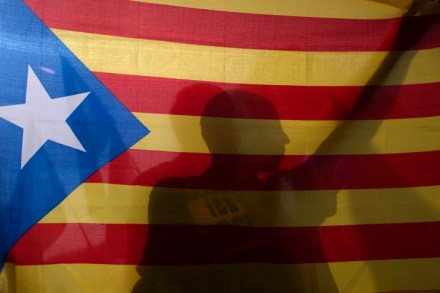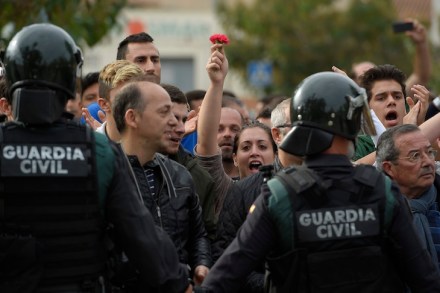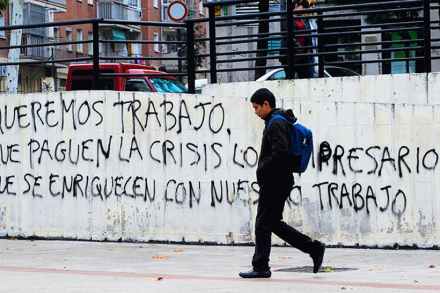European press on Catalonia: “Suddenly, Brexit doesn’t seem so bad”
“Look on the bright side…Brexit no longer seems so serious” Chappatte in Le Temps, Switzerland The events in Catalonia dominate Europe’s press this morning, seen as the biggest political crisis to hit the country since the attempted coup d’état of 1981. The Madrid-based El País says the invocation of Article 155 was done so ‘legally and transparently’ and does not constitute an act of aggression against Catalan self-government or the rights of Catalans. Rather, El País views Madrid’s response to the crisis as ‘legitimate and necessary’ in the face of the challenge posed by Catalonia’s ‘irresponsible and reckless’ political leaders. It calls a ‘quick, legal and legitimate’ return to self-government




















